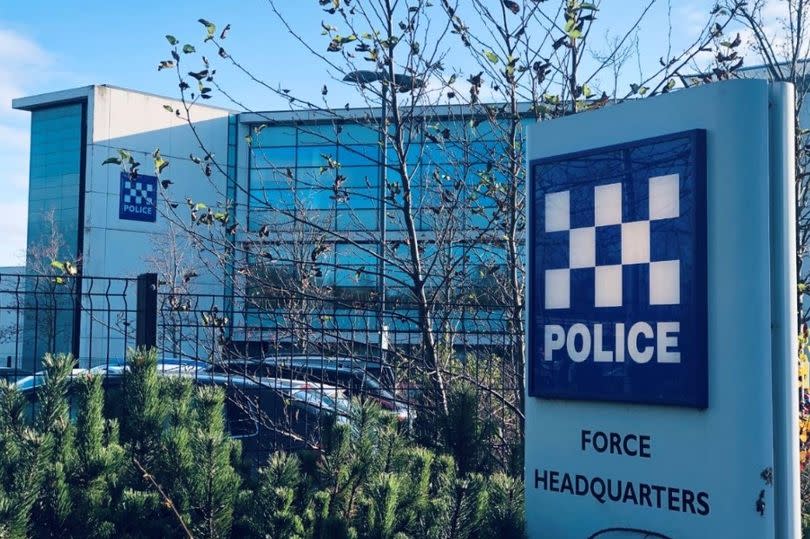Coroner criticises Northumbria Police after Gateshead man asking for help died while waiting 16 hours

A coroner has questioned why it took Northumbria Police more than 16 hours to attend a call from a man who had called and asked for help - but who died before officers found him.
Stevyn Carr, 34, was found dead by police on November 16 2021 in a Leam Lane property. The evening before, he had contacted the police asking for help - though evidence at an inquest found that, on balance, he had been "difficult to understand".
He called at 7.22pm and his case was classed as a grade 2 response, which is normally dealt with within an hour. However, police did not arrive at his address until 12.02pm the next day, and only then after having been contacted by Mr Carr's family who were concerned for his welfare.
James Thompson, assistant coroner for Gateshead and South Tyneside, has now written to Northumbria Police and raised a number of concerns. He said he had heard evidence that "the level of police response should have been classed as Grade 2 Vulnerable", that no oversight of how long Mr Carr was waiting for attendance took place for nine hours - and even then - alternative options were not explored.
The assistant coroner added that he heard how a "number of incidents" were delayed due to "a lack of police resources" around the time of Mr Carr's death, and that the evidence he had been given about improvements had been "difficult to interpret and not comprehensive".
In writing to the force, the coroner used his powers to demand action is taken to prevent future deaths. The force must formally respond within 56 days.
Assistant coroner Mr Thompson found that Mr Carr had died due to the effects of taking alcohol and amphetamines, and that "his intention in doing so was not to end his life". He also found that: "It was not possible to ascertain whether earlier police attendance would have altered the outcome."
The coroner wrote in his formal notice to the police: "I heard evidence at inquest that a number of incidents were ‘delayed’ for a significant period for lack of police resources and this position was common place at that time.
"I have asked for evidence to satisfy me that the position in terms of police attendance has improved both within the area Stevyn Carr died, but across the Northumbria Police force area.
"The evidence I have received is difficult to interpret and not comprehensive. I am concerned whether the changes to the management of incidents and/or training in relation to the grading of incidents by Northumbria Police has improved since Stevyn Carr’s death, to the extent that the timeliness of police response to requests from the public for assistance is improved and is improving."
A spokesperson for Northumbria Police said: “Our thoughts continue to be with the loved ones of Stevyn Carr following his tragic death. We acknowledge the comments made by the coroner and will respond to his report within the timeframe set.
“While as a force we continue to see high levels of calls for our service, significant changes have been, and continue to be, made to ensure we are there when the public needs us. This includes within our control rooms, which receive calls from the public, and has resulted in improvements in how we respond."
The force added that call handlers had been given updated training and "increased oversight" was now in place for calls from those who are vulnerable. Northumbria Police also pointed to the implementation of the Right Care, Right Person (RCRP) initiative - which has seen changes in how the police responds to some mental health calls.
RCRP has been operating in the Northumbria Police force area since December. The idea is that police officers are not necessarily the most appropriate people to be attending mental health callouts- and that it's also not the best use of the stretched resources of our police. Charity Everyturn Mental Health have been working with the force - with mental health support workers embedded in the police control room - to ensure vulnerable callers are dealt with appropriately.

 Yahoo News
Yahoo News 
